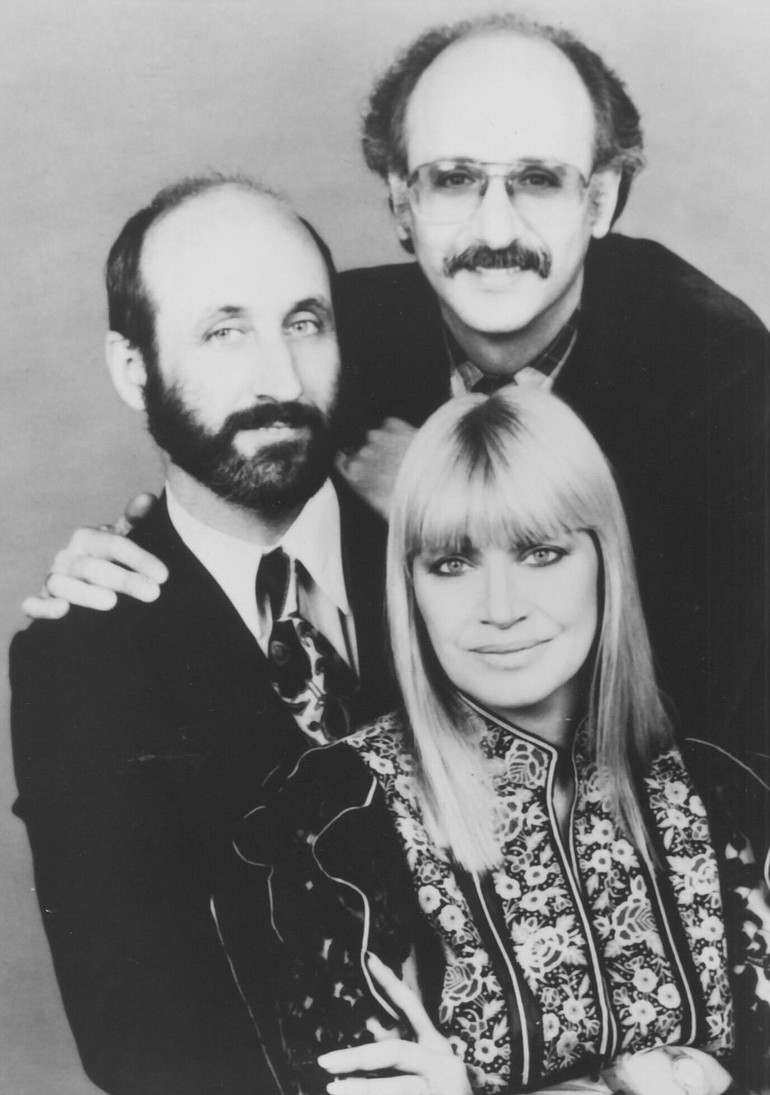In 1964, when I was a teenage boy, my father, a WW II submarine combat veteran and union framing carpenter, tried to convince my mother to spend money we really didn’t have on two tickets for a music performance. He wanted to see his favorite group. He could purchase them for a discount at the local union hall in Canoga Park, west San Fernando Valley, in the blue-collar neighborhood where we lived. Two tickets cost 25 bucks, a great deal of money back then. The whole family could see the L.A. Dodgers play baseball for $7.50.
Dad did not tell Mom the performance was not a local event in L.A., but 450 miles away in San Francisco. When Mom found out, she was furious, but she knew how much the group meant to him. It would be a big sacrifice for her because we only had one car, a VW Microbus, and she would be stuck at home with my three younger brothers and my toddler sister for a long weekend. I was chosen to go because everyone knew I listened to and liked Dad’s record albums.
We left one summer Friday evening. The concert was Saturday at 7:30 p.m. I had never been to San Francisco and neither had Dad. We drove route 101 past Ventura and Santa Barbara and up the California coast before it cut inland across the Santa Ynez Mountains. We camped in the dark inside our bus along Pismo Beach, north of Santa Maria. We slept in sleeping bags on the seats. After cooking breakfast on a Coleman stove, we puttered back to the highway. Our Microbus couldn’t go past 63 mph. We were headed for the Hungry I dinner club somewhere in the notorious North Beach area east of Chinatown. We arrived in the Bay Area around 5:30 p.m. and Dad asked a gas station attendant in Daly City where the Hungry I was. He smiled: “You must be going to see the concert.” Dad did not believe a gas station attendant knew about this group — this was folk music. Everyone was talking about the Beatles, or the British Invasion, or Elvis.
When we got to the show, we found the club was packed. But we had good seats only fifteen feet from the left side of the stage. Yet the floor was flat and there were two tall guys blocking my view. My dad was taller and told me to stand on my chair if needed. My other complaint was that it was very smoky. Every table had an ashtray. Dad smoked a pipe back then but he didn’t light up; he wanted to see, too.



